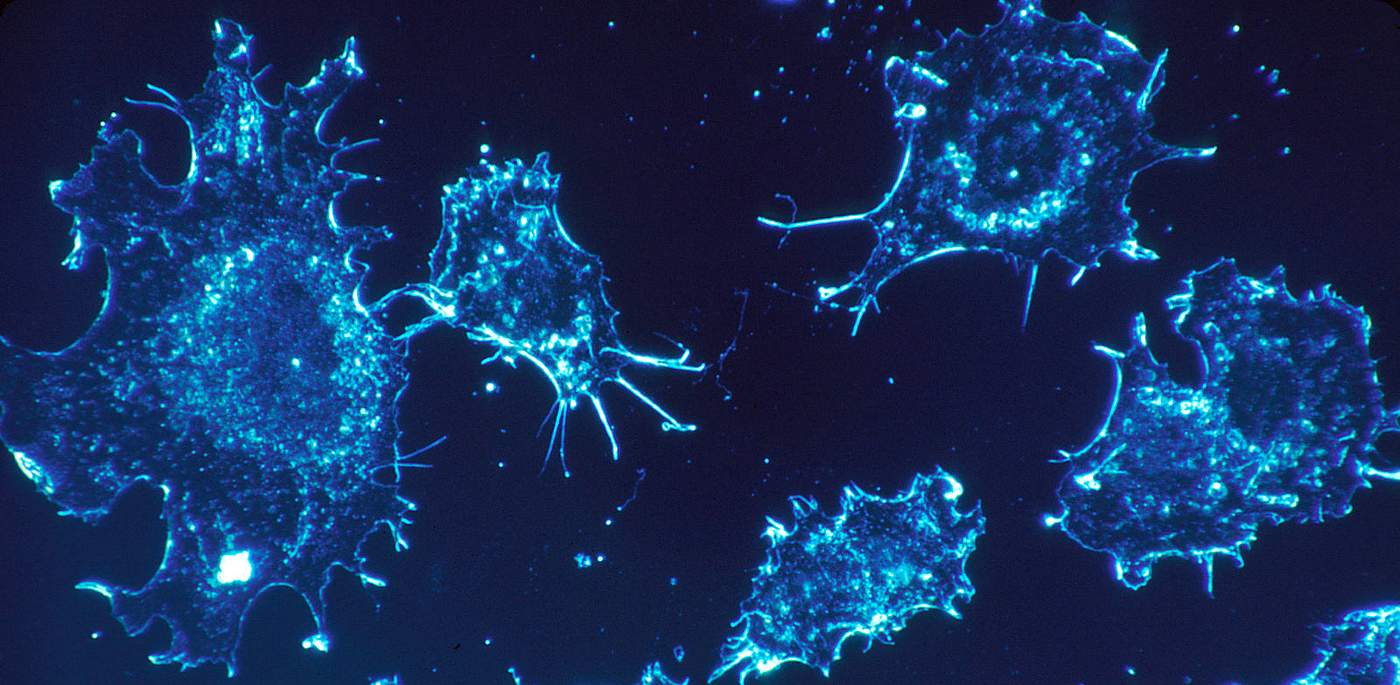
www.goodnewsnetwork.org
New Brain Cancer Immunotherapy Shows Promise in Human Trial – Most Patients Saw No Tumor Growth For 3 Years
Researchers from Heidelberg have carried out a clinical trial to test a mutation-specific vaccine against malignant brain tumors.
Health
A landmark human trial testing a vaccine that’s designed to help the immune system target brain tumors has shown promising results—and Phase 2 of the trial is now being planned.
According to a Nature article published by the researchers leading the trial, the vaccine was safe for all patients, and showed the hoped-for immune response to cancerous tissue.
Diffuse gliomas are usually incurable brain tumors that spread in the brain and are difficult to remove completely by surgery. Chemotherapy and radiotherapy often only have a limited effect too.
In many cases, diffuse gliomas share a common feature: in more than 70 percent of patients, the tumor cells have the same gene mutation. An identical error in the DNA causes a single, specific protein building block to be exchanged in the IDH1 enzyme. This creates a novel protein structure, known as a neo-epitope, which can be recognized as foreign by the patient’s immune system.
“Our idea was to support patients’ immune system and to use a vaccine as a targeted way of alerting it to the tumor-specific neo-epitope,” explained study director Michael Platten, Medical Director of the Department of Neurology of University Medicine Mannheim and Head of Division at the German Cancer Research Center (DKFZ).
The IDH1 mutation is a particularly suitable candidate here, as it is highly specific to the gliomas and does not occur in healthy tissue. Moreover, the IDH1 mutation is responsible for the development of these gliomas: “That means that a vaccine against the mutated protein allows us to tackle the problem at the root,” Platten added.
Promising preclinical results
Platten’s team had already generated an artificial version of the segment of the IDH1 protein with the characteristic mutation several years ago. This mutation-specific peptide vaccine was able to halt the growth of IDH1-mutated cancer cells in mice. In 2019, Platten was awarded the German Cancer Prize for this discovery.
Read more:
https://www.goodnewsnetwork.org/heidelburg-vaccine-malignant-brain-tumors-success/
























































